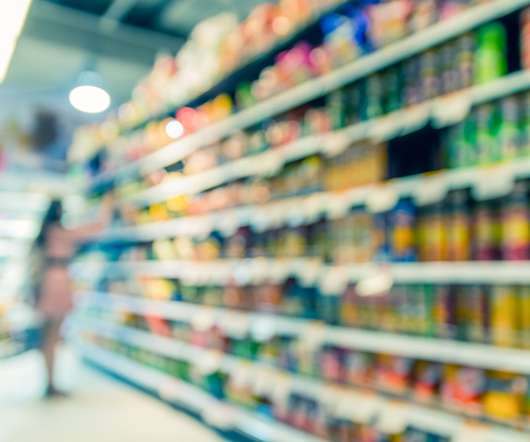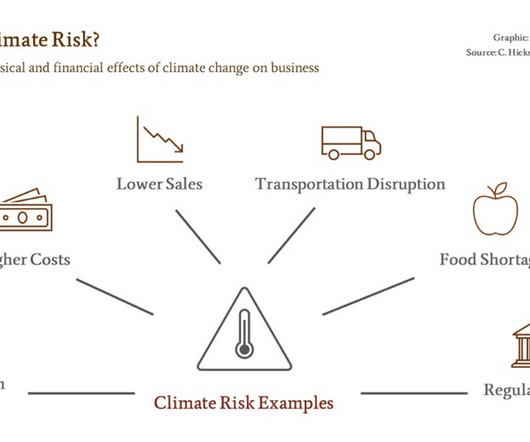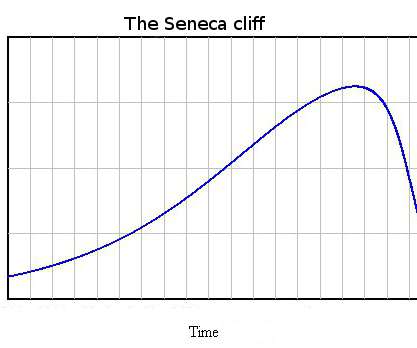WRAP updates voluntary agreements, outlining circularity vision for food, plastic and textiles
Envirotec Magazine
DECEMBER 5, 2022
WRAP launched its first voluntary agreement in 2005 and has since expanded its programme to address food and drink, plastic pollution, and fashion and textiles. ” The voluntary agreements bring together Governments, businesses, local authorities, academics, NGOs, industry groups and citizens to take collaborative action, says WRAP.













Let's personalize your content